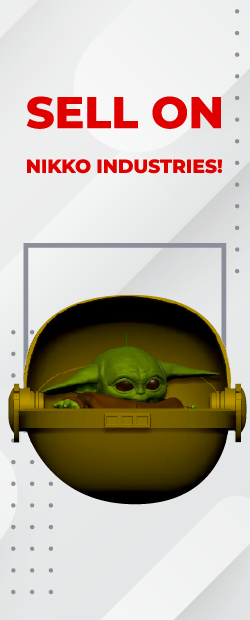
Cura Retraction Settings: How to Avoid Stringing
Stringing- an unfortunate issue with 3D printers, where filament oozes out of the nozzle as it moves from one location on your project to the next building point. This creates spider-like strands or “strings” of filament or cause blobs and drips of filament to adorn your project. Unsightly when you want a project to come out perfect, but an easily fixed problem overall.
What causes stringing?
It’s an issue, dealing with retraction, speed or the temperature of your printer and the filament currently being used for the project.
Possible Solutions for Stringing
Retraction
A process where filament is pulled back into the head of your nozzle. To do this, head into your settings to assign the distance your filament will be pulled back into the nozzle as it moves around your project. This will hopefully eliminate drip and stringing, to keep your project clean and keep away any free flowing filaments that are out to ruin your project. Head into your settings and adjust for 1mm at a time, this will keep it from jamming, clogging and further dripping.
Settings->Material->Retraction Distance-> Reset to Default-> Adjust 1mm /test
Temperature
A classic problem that affects the filaments state of viscosity. If your temperature is too high the plastic will melt, automatically making blobs, strings and problems that you don’t want. Too cold and the filament won’t flow. Temperature changes everything, simply by being at the wrong temperature and having all the rest of your settings done correctly will change your project dramatically.. Head over to your settings and start by adjusting the temperature by 5 degrees.
Settings->Material-> Filament Temperature -> +/- 5 degrees
Speed
Moving too fast or before the filament is set is another issue that can be the cause of stringing. When the filament hasn’t cooled and is moved to the next segment it can cause stringing and potentially leave large blobs. Head over to the settings and adjust your X/Y axis settings to a slightly slower speed, and an improved project.
Settings-> Material-> Retraction Speed-> X/Y Axis-> Default-> adjust +/- 5mm/s
Distance
Tricky to adjust, but possibly a solid way to avoid stringing. Head into advanced settings -> minimal travel or minimal distance. To program a shorter route from point A to point B. Therefore eliminating long strings or chances of big drips to hit your project.
Settings->Material -> Retraction Minimal Travel-> Start a 1mm-> +/- .5mm
Combing
A tricky and wonderful setting that will lower your wait times and improve your projects appearance. This will potentially scar the top layer of the print as it tracks within the project itself.
Settings->Material -> Travel-> Combing-> Within Fill OR Not in Skin
Overall stringing can be a problem that seems small and irritating. However, when blobbing, strings and their effects ruin your project. The small irritant becomes a large pain. By slowly adjusting your settings, starting with retraction, you will be able to clear up this problem in a reasonable amount of time. Getting you back to what you love to do- Print! Print! Print!


Leave a comment